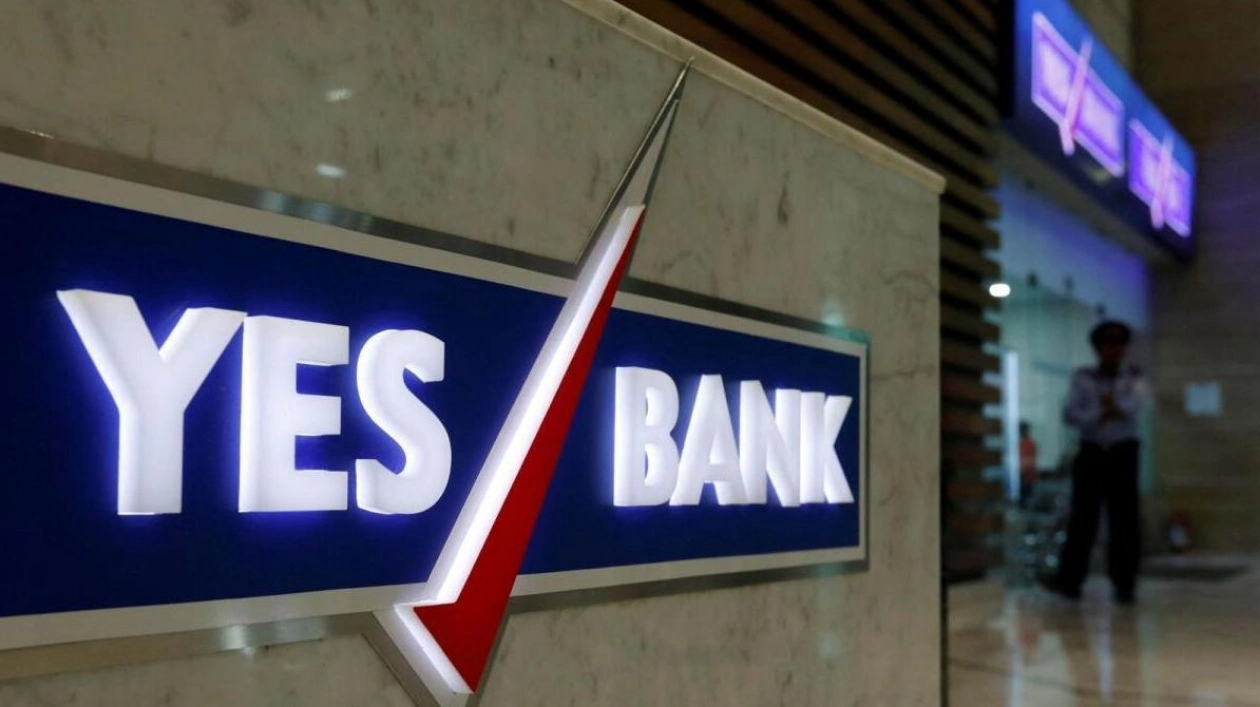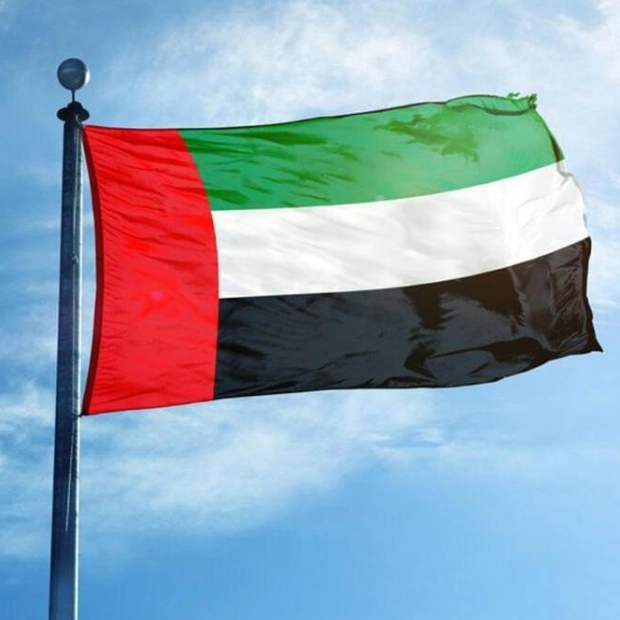Discussions regarding the sale of majority stakes in two Indian banks have piqued the interest of foreign counterparts in Japan and the Middle East, who are optimistic about the prospects of a rapidly expanding economy. However, analysts and insiders suggest that stricter regulatory measures and valuation worries might temper their enthusiasm.
This presents a unique chance for foreign banks to secure controlling interests in a market largely controlled by state-owned entities. This development follows existing investors in Yes Bank and IDBI Bank seeking to offload their stakes. Transactions in the Indian banking sector, particularly those involving foreign parties, are uncommon. The most recent significant deal was the full acquisition of troubled Indian lender Lakshmi Vilas Bank by Singapore-based DBS Group in a regulatory-driven deal in 2020.
The major shareholders are considering divesting from the two banks approximately four years after they were enlisted by the regulator and government to aid in their recovery from deteriorating asset quality due to extensive lending, which jeopardized their stability. Private sector lender Yes Bank, where shareholders aim to sell a 51 percent stake, has attracted interest from Japan’s Sumitomo Mitsui Banking Corp (SMBC) and a Middle Eastern bank. IDBI Bank, where the Indian government and the Life Insurance Corporation are jointly selling a 60.72 percent stake, has garnered interest from a Middle Eastern bank, Canada’s Fairfax Group, and local competitor Kotak Mahindra Bank.
The interest in these banks coincides with predictions that the Indian economy will expand by 7.2 percent this year, positioning it as one of the world’s fastest-growing major economies. Demand for bank credit, including corporate loans and mortgages, is increasing at twice the rate of anticipated economic growth, and gross bad loans in the domestic banking sector are currently at multi-year lows of 2.8 percent of total assets.
Similar to other major markets, inbound banking sector deals in India are subject to rigorous scrutiny. Given the sector’s significance and its connections to the broader economy, New Delhi is anticipated to prioritize bidders from countries with which it has strong political ties, according to analysts. “India’s growth narrative is promising, and businesses are looking to expand,” noted Ashvin Parekh, managing director of Ashvin Parekh Advisory Services, which caters to investors in banks. “That is alluring to these foreign entities,” Parekh added.
Despite these attractions, more stringent regulations concerning capital requirements and ownership limitations, along with the state’s dominance with government-backed banks constituting nearly 52 percent of bank credit, have impacted foreign banks’ operations in India. Indian regulations also mandate that the largest shareholder of a local bank, termed as ‘promoter’ under Indian regulations, must reduce their shareholding to 26 percent over a 15-year period. Foreign lenders, including HSBC and Standard Chartered, accounted for only 3.4 percent of the banking sector credit as of March 2024, less than half of the 8.4 percent share they held in March 2000, according to central bank data.
SMBC has been in advanced negotiations with Yes Bank and its lead investor State Bank of India over the past few weeks regarding the acquisition of a majority stake, according to three sources familiar with the discussions. The core banking unit of Japan’s second-largest banking group, Sumitomo Mitsui Financial Group, has requested operational data from Yes Bank, and its executives have met with officials at the Reserve Bank of India (RBI), the central bank, said the sources.
Yes Bank was rescued by a consortium of local banks in 2020 after bad loans surged. The government plans to invite financial bids for IDBI Bank by the end of this financial year, divestment secretary Tuhin Kanta Pandey told Reuters last month. IDBI Bank was rescued by the government in 2019. The sources requested anonymity as the talks were confidential.
However, some potential bidders are expected to be deterred by the high valuations of the targets, analysts say, casting doubt on the likelihood of the deals being concluded. It remains unclear how soon the two deals will be finalized. Yes Bank is currently valued at about $10 billion, and trades at 1.58 times the 12-month forward price-to-book value, according to LSEG, compared to the sector median price-to-book value of 1.45 times. IDBI Bank trades at a 12-month trailing price-to-book value of 1.97 times, LSEG data shows.
The ‘legacy’ of asset quality issues at the two banks would also contribute to the acquisition cost for prospective foreign buyers, said independent research analyst Hemindra Hazari. “The real issue, however, is that the Indian banking system is fiercely competitive,” Parekh stated. “A foreign player would require a substantial branch network, distribution, and franchise to sustain itself in the banking system.”






